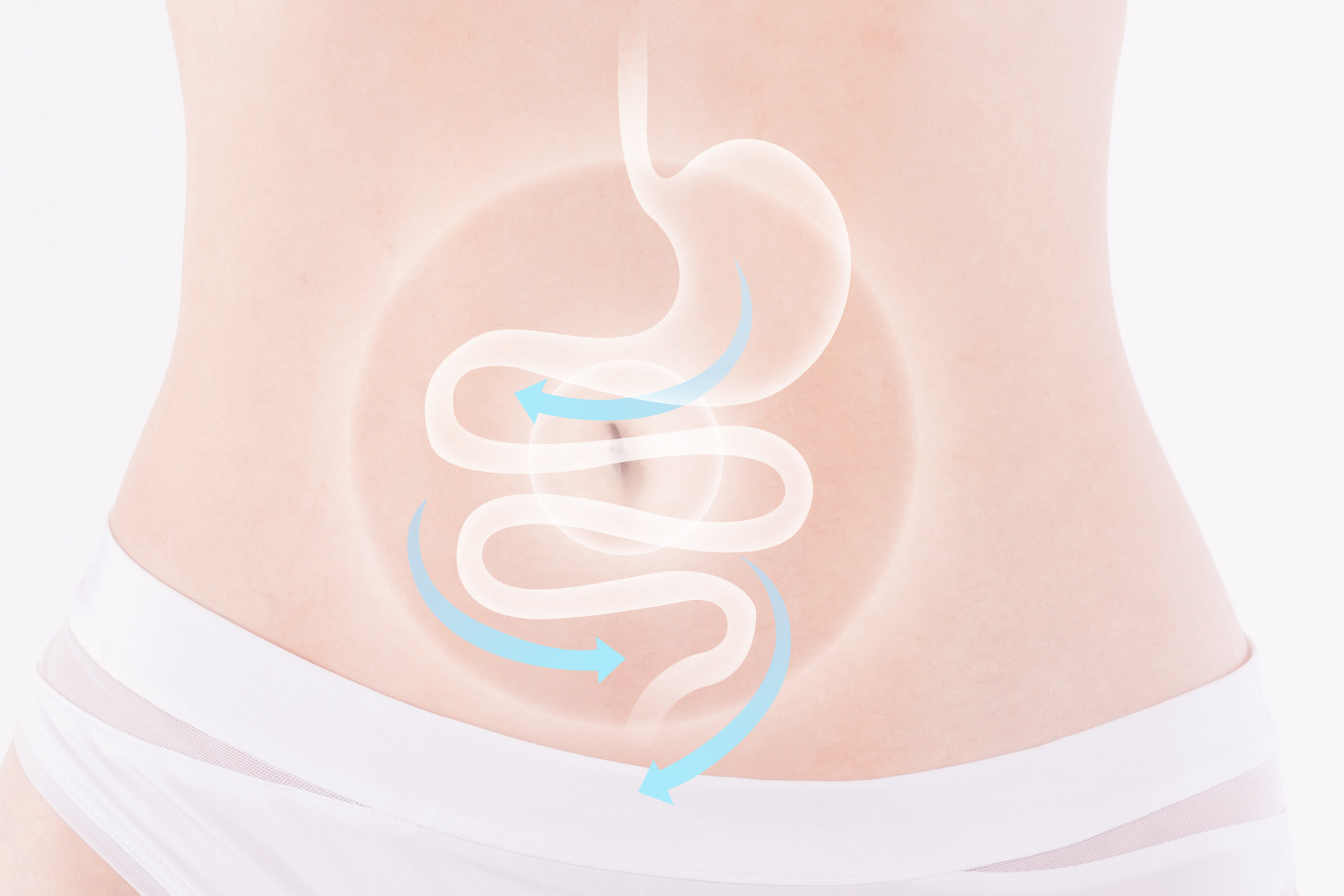The increasing frustration brought by obesity has led to a wide range of weight loss methods. However, the results are either ineffective or come with adverse reactions. In weight loss drinks and self-prepared formulas, ingredients such as cassia seed, lotus leaf, radish seed, and honeysuckle are commonly used. While they all have weight loss effects, they may have adverse effects on different types of obesity and different body constitutions. When using Chinese herbal medicine for weight loss, it is important to choose according to one's own body constitution to avoid harm.
Radish seed for constipation and firming
Not suitable for muscular obesity. Radish seed is effective for treating constipation, but it is not suitable for muscular obesity. Muscular obesity is characterized by firm fat. Prolonged use of radish seed can cause diarrhea and even dehydration. In this case, fat will only become flabby without reducing in size, making it appear larger.
Honeysuckle for reducing heat and dampness
Not suitable for endocrine disorder obesity. Some people have excessive fat despite eating less, which is caused by endocrine disorders. This type of obesity is usually caused by a weak and uncoordinated spleen and stomach. If a weight loss formula contains honeysuckle, it may exacerbate this imbalance. Honeysuckle can reduce heat and dampness, but it is not suitable for people with weak spleen and stomach as it can worsen their symptoms. Therefore, for those with endocrine disorder obesity, honeysuckle would hinder their weight loss journey.
Cassia seed for liver detoxification
Not suitable for weak constitution obesity. Cassia seed can clear the liver and improve vision, but it can aggravate coldness in people with a cold constitution, causing diarrhea and coldness. If you have a weak constitution obesity, cassia seed is not suitable for you as it may worsen your digestion problems. It not only fails to break down fat but also prolongs the storage time of food in the body.
Lotus leaf for diuresis and lipid-lowering
Not suitable for visceral obesity. Visceral obesity refers to the accumulation of fat on the surface of internal organs, even if there is not much subcutaneous fat. It is associated with conditions such as diabetes and fatty liver. Lotus leaf has diuretic and lipid-lowering effects, but it may not be suitable for those with visceral obesity. Take diabetes as an example; it already causes excessive thirst and frequent urination. Taking lotus leaf, which further promotes urination, would only worsen the condition.





